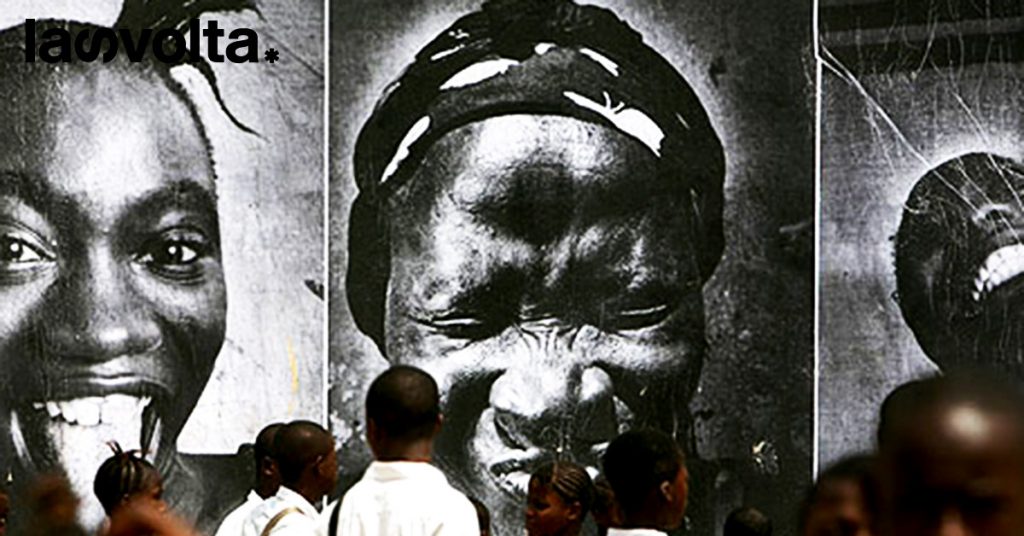Sierra Leone’s Gewe Act against gender based discrimination

At the end of January, women inSierra Leoneand all overAfricacelebrated anotherlegislative attemptto reverse the long-standing institutionalisedinjustices against women. The new law, theGender Equality and Women’s Empowerment’s Act(Gewe Act), passed by President Julius Maada Bio, makes provision for a minimum of 30% quota of elective and appointive public officer positions to women. Thus, the law will not only cause change to the 146 seats of parliament but also to the Civil Service. About Sierra Leone Womenconstitute up to52% of the total population in Sierra Leone. However, their representation in Government has maintained an all-time low. The current number of women MPs in the Sierra Leonean parliament accounts for12,3% of parliamentary seatsand only4 of the 32 cabinet positions. The 30% quota will thus be a game changer in Sierra Leone’s upcoming presidential, parliamentary, mayoral and local council elections later in June this year. Besides, women have long suffered fromdiscriminationin places of work accounting for several unjustified dismissals of women from their jobs.According to a report from theHuman Rights Watch, it iscommonplace tofire women from workwhen they get pregnant. The high rates ofsexual violenceagainst girls and women has also caused great alarm. Many of these cases, however, have been described as a continued legacy of the war crimes of the 1991-2002 Civil War.In 2018, 19,8% of women aged between 15-49 years old reported that they had been subject to physical or sexual violenceby a current or former partner in the previous 12 months. This was in addition to the barriers faced in respect to their sexual and reproductive health rights. A report byUn Womenasserts that29,6% of women aged 20-24 years old were married or in a union before attaining the majority age.The adolescent birth rate has persisted much as it dropped from the previous 139,4 per 1.000 in 2015. TheGender Equality and Women’s Empowerment Act(Gewe). According to the provisions of theGewe Act,women will, among other things, benefit from amaternity leave of 14 weeks.They will have access to bank credit and training opportunities at work. They will also benefit from ring-fenced senior positions in the workplace. Several activists believe that the law is sending a message to the girls and women in Sierra Leone, that is: there are opportunities for them in their country for employment, business and for them to contribute to the economy. This explains the increased prospects of women in business and entrepreneurial ventures due to the ease with which the legislative reforms come. The new law does not come without repercussions.Failure to abide by the law will lead to heavy fines of 2,000 poundsor approximately 2,253 euro. This is in addition to potential prison time for institutions, like banks, that do not give women fair access to financial support. Approaches to women empowerment all over Africa The great majority of African Countries have demonstrated their commitment towardsfacilitating women’s emancipation and promoting gender equalityon the continent. This has mainly been through the ratification of international instruments, like theCommittee on the Elimination of Discrimination Against Women(Cedaw) and the African Union’s protocol on the Rights of Women in Africa. These kind of instruments not only guarantee therights of womenbut also give the Government a pro-active role by making accountable to the international commissions on any violations of women’s rights. As of December 2020, only 41,7% of the indicators that are needed in order to monitor the SDGs, from a gender perspective, were available. The last few decades have been characterised by an increase in women employment and active labour force. Despite this increase,reports indicate that“the majority of women work in insecure, poorly paid jobs, with few opportunities for advancement.” The role of International Agencies TheUn, through collaboration with several agencies, has established institutions tosupportgrassroots leadershipdevelopmentfor women in Africa. This is to enable them take up spaces in the democratised Governments. These efforts have been tailored to include gender-focused national planning and budgeting, creating more opportunities forwomen’s participation inpeaceprocesses,and partnerships with national banks to expand access to finance and support for women as leaders in cross-border trade. Constitutional and legislated quotas elsewhere in Africa Data obtained from theQuota Projectdepicts that several Countries, including Burundi, Tanzania and Rwanda, have constitutional quotas for national parliaments. The laws in these Countries call for30 % quotas for women in parliaments.For instance, in Burundi, Article 164 and Article 129 of the Constitution provide for quotas for women in Parliament and Government. If the quota is not met,the Constitution requires women to be included to the parliament through cooptation(a process specified in the Electoral Code of Burundi). Thestatus of womenall over the continent has progressively improved over the years. This is not to imply, however, that we cannot do more. With the recognition that comes with laws like theGewe Act, it is only appropriate that activists and stakeholders all over the continent utilise the law to attain more reforms for women.